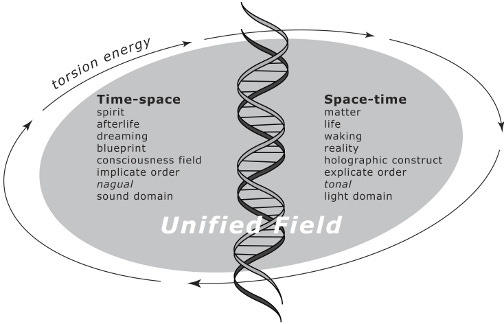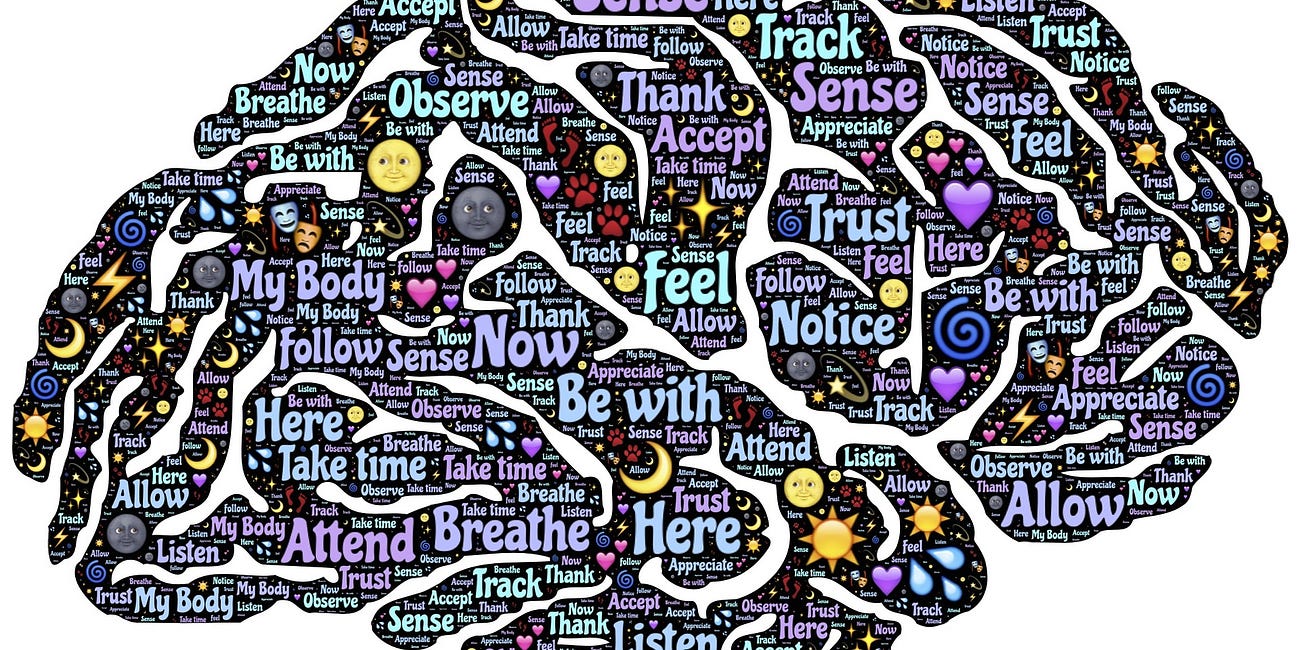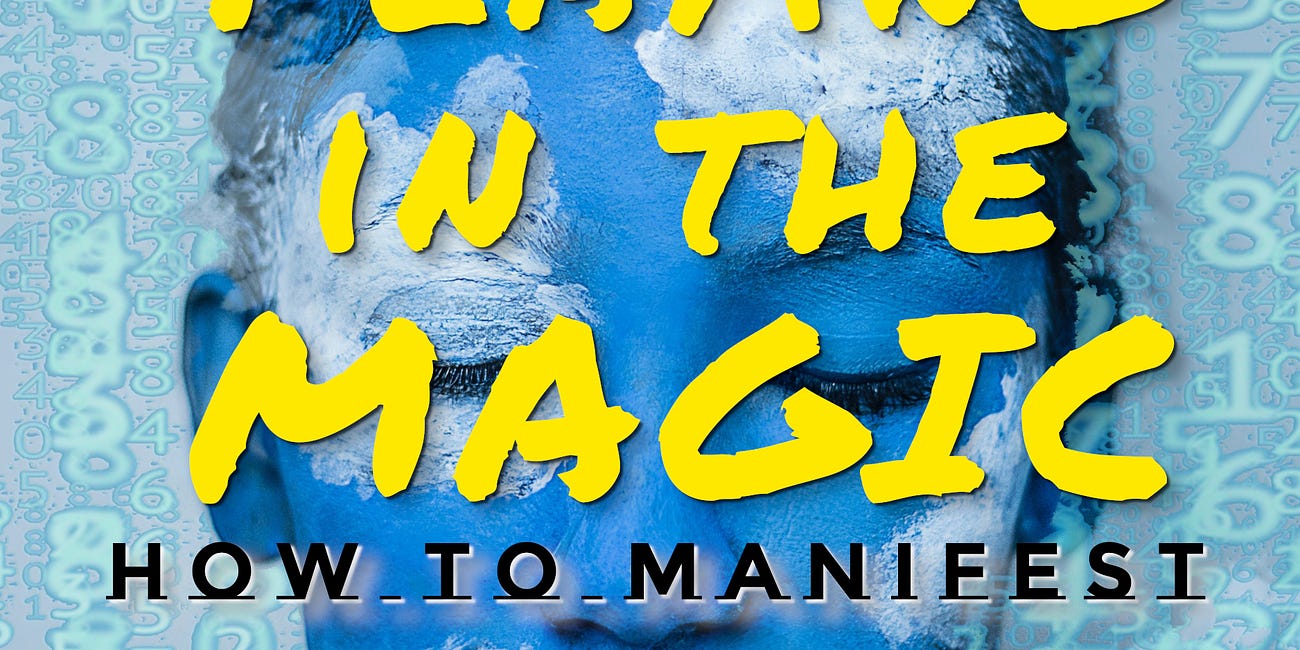🧠 Dr. Larry Dossey: Why Consciousness Is Not the Brain
“Consciousness Is Fundamental, Omnipresent & Eternal”
Larry Dossey, MD
Physicist Freeman Dyson believes the cosmos is suffused with consciousness, from the grandest level to the most minute dimensions. If it is, why aren’t we aware of it?
“We don’t know who first discovered water, but we can be sure that it wasn’t a fish,” the old saw reminds us. Continual exposure to something reduces our awareness of its presence. Over time, we become blind to the obvious. We swim in a sea of consciousness, like a fish swims in water. And like a fish that has become oblivious to his aqueous environment, we have become dulled to the ubiquity of consciousness.
In science, we have largely ignored how consciousness manifests in our existence. We’ve done this by assuming that the brain produces consciousness, although how it might do so has never been explained and can hardly be imagined.
The polite term for this trick is “emergence.” At a certain stage of biological complexity, evolutionary biologists claim, consciousness pops out of the brain like a rabbit from a magician’s hat. Yet this claim rests on no direct evidence whatsoever. As Rutgers University philosopher Jerry A. Fodo flatly states, “Nobody has the slightest idea how anything material could be conscious. So much for our philosophy of consciousness.”
In spite of the complete absence of evidence, the belief that the brain produces consciousness endures and has ossified into dogma. Many scientists realize the limitations of this belief. One way of getting around the lack of evidence is simply to declare that what we call consciousness is the brain itself. That way, nothing is produced, and the magic of “emergence” is avoided.
As astronomer Carl Sagan expressed his position, “My fundamental premise about the brain is that its workings—what we sometimes call mind—are a consequence of anatomy and physiology, and nothing more.” Nobelist Francis Crick agreed, saying a “person’s mental activities are entirely due to the behavior of nerve cells, glial cells, and the atoms, ions, and molecules that make up and influence them.”
👉 CONTINUE READING HERE.











Scientists are funny creatures. Sometimes they have such a hard time with what should be obvious. Still, so interesting to read their work as it expands our vocabulary, ability to voice intuition into thoughts other humans can grasp, and exercise our mind with other ways of looking at ideas.
Thanks for the article!
The Question of Consciousness https://open.spotify.com/episode/4IQ0QYkkGguz1XXTk7eEAS "Etymologically, the word consciousness derives from the words scire (to know) and cum or con (with). Consciousness is 'to know with.' So if you, the persona, cognize (to know or be aware of), who are you cognizing with? Is there more to consciousness than the Freudian ego and unconscious?"